
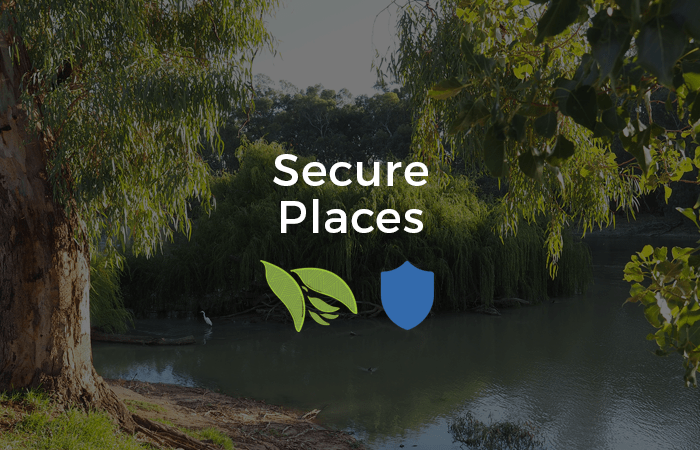
Our natural and built environments are protected from the impacts of climate change
Objectives to achieve goal:
Take steps to protect and build resilience of the diverse flora and fauna in our region
Our flora and fauna are already experiencing multiple threatening processes from pests, land modification and fragmentation. These threats are likely to be even more damaging under the influence of a changing climate.
We see signs that permanent headwaters and streams are becoming more intermittent and ephemeral in some parts of the regions. Sensitive environmental systems like the RAMSAR Wetlands, Redgum forests, and the Murray and grassy woodlands will be sensitive due to their water requirements.
A significant barrier to protecting our threatened species is a lack of a coordinated ecological communities recovery approach.
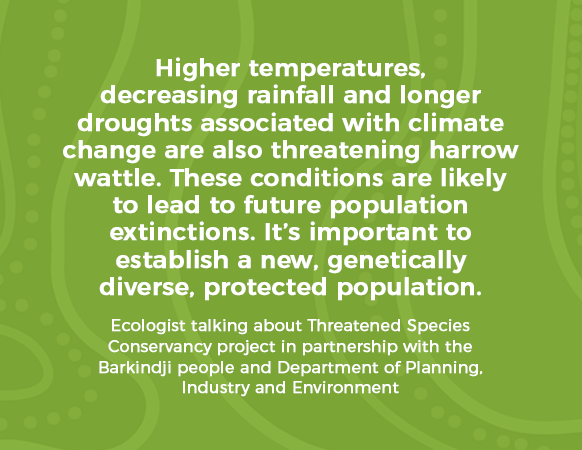
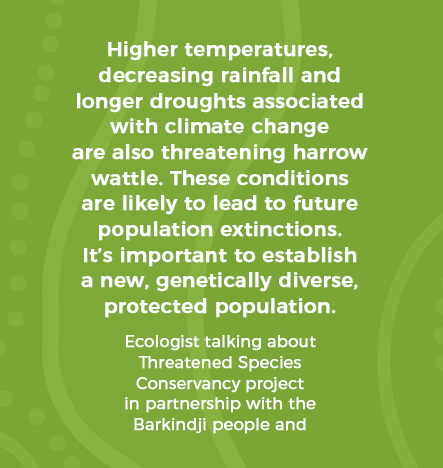
Priority Actions
Establish a program that supports the coordination of scientific-based recovery programs, community engagement and citizen science programs
Establish funding opportunities to improve the ecological structure, function, and composition of ecological communities across the region
Work with First Nations’ people living in the region to protect places of cultural significance and practice
Throughout the Loddon Mallee, the landscape holds the imprint of thousands of generations of First Nations’ peoples.
While not always physically evident in the landscape, there are many places where local Aboriginal communities continue to practice culture. These include places for spiritual or ceremonial practices, where traditional plants are located, or mineral resources occur.
Supporting First Nations’ people to manage the impacts of climate change on culturally significant places is essential. Inaction will carry a spiritual and cultural toll by significantly hampering the ability to practice traditions passed down through countless generations.
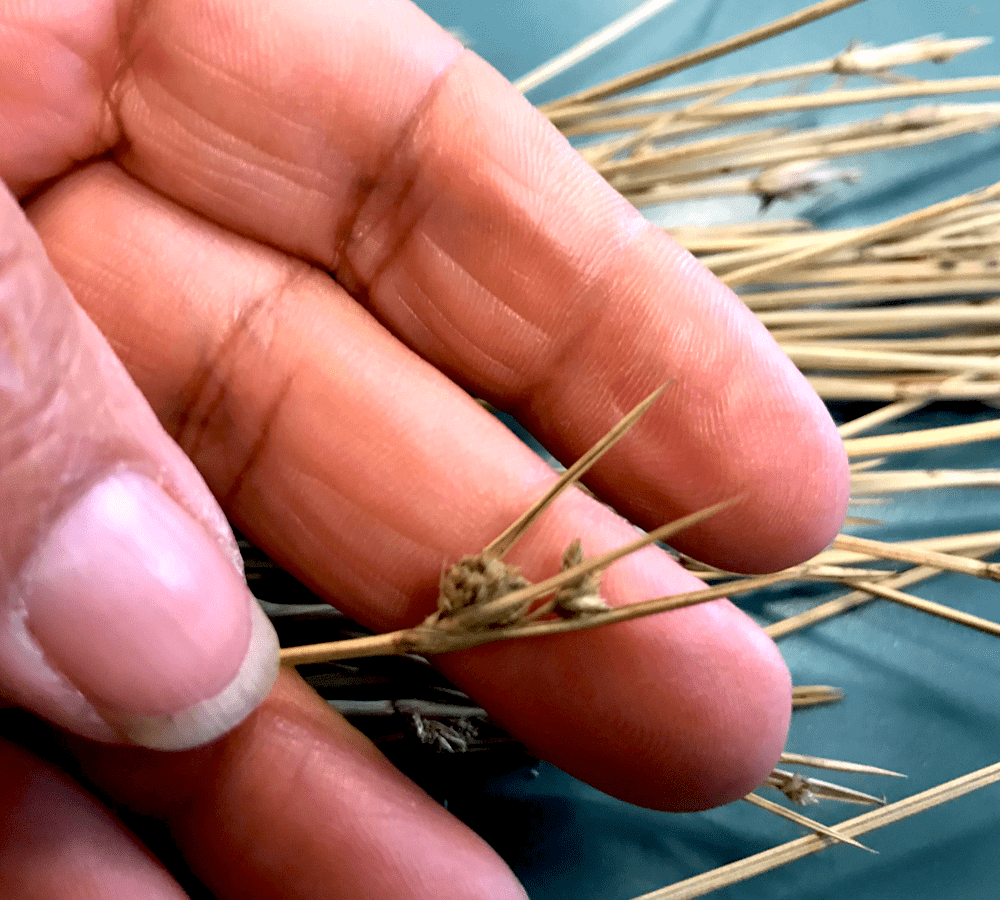
Priority Actions
Establish First Nations’ operated seedbanks and nurseries for revegetation of Country
Establish programs that enable First Nations’ people to increase understanding of future climate change impacts on Country and identify culturally appropriate adaption measures
Increase water security and drought management
Water is our greatest asset and is a vital resource for our communities. As a region that has experienced some of the worst drought conditions, water security is a key concern in a changing climate.
We must manage water wisely to protect the social, environmental, and economic values it provides us. This includes ensuring access to affordable water to maintain liveability protect water quality during extreme weather events, including droughts.
While we have an innovative and resilient history of coping with highly variable rainfall, the past is no longer a predictor of the future. Therefore, a step-change in innovation and creative approaches is needed to providing a reliable supply of water and food to support an expanding population.
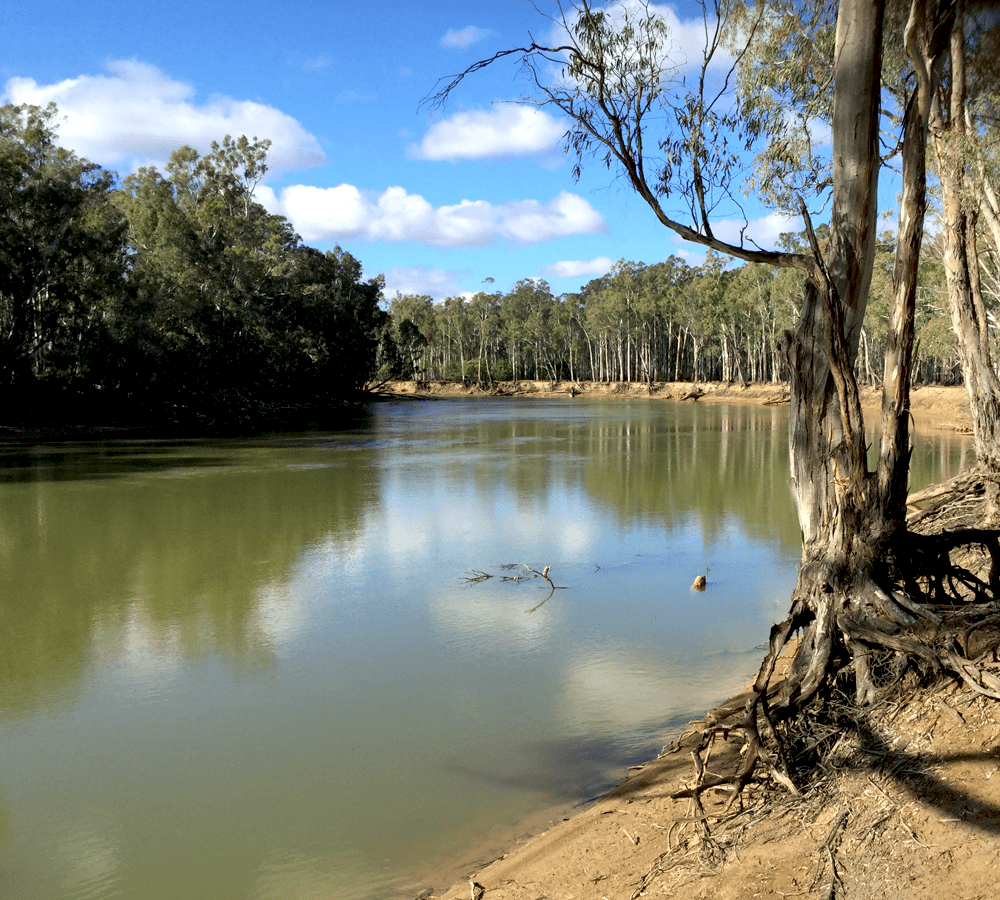
Priority Actions
Create clear water security guidance to support drought resilience and responses to long-term increases in average temperature
Create opportunities to partner with community groups and businesses to improve existing supply networks and investigate new water supplies
Ensure adequate and equitable water rights that meet the social, cultural, spiritual, economic and environmental needs of First Nations’ people
Support existing housing and building stock in the region to meet current energy and thermal comfort standards
Most of our existing housing and building stock in the region does not meet current energy or thermal comfort standards.
We can already see the impacts on people’s health and wellbeing, including rising energy poverty. This is because people increasingly rely on heating and cooling to maintain a level of comfort in their homes.
This challenge has become even more pressing with the socioeconomic stresses of the COVID-19 pandemic, leading to more and more residents struggling to pay their energy bills.
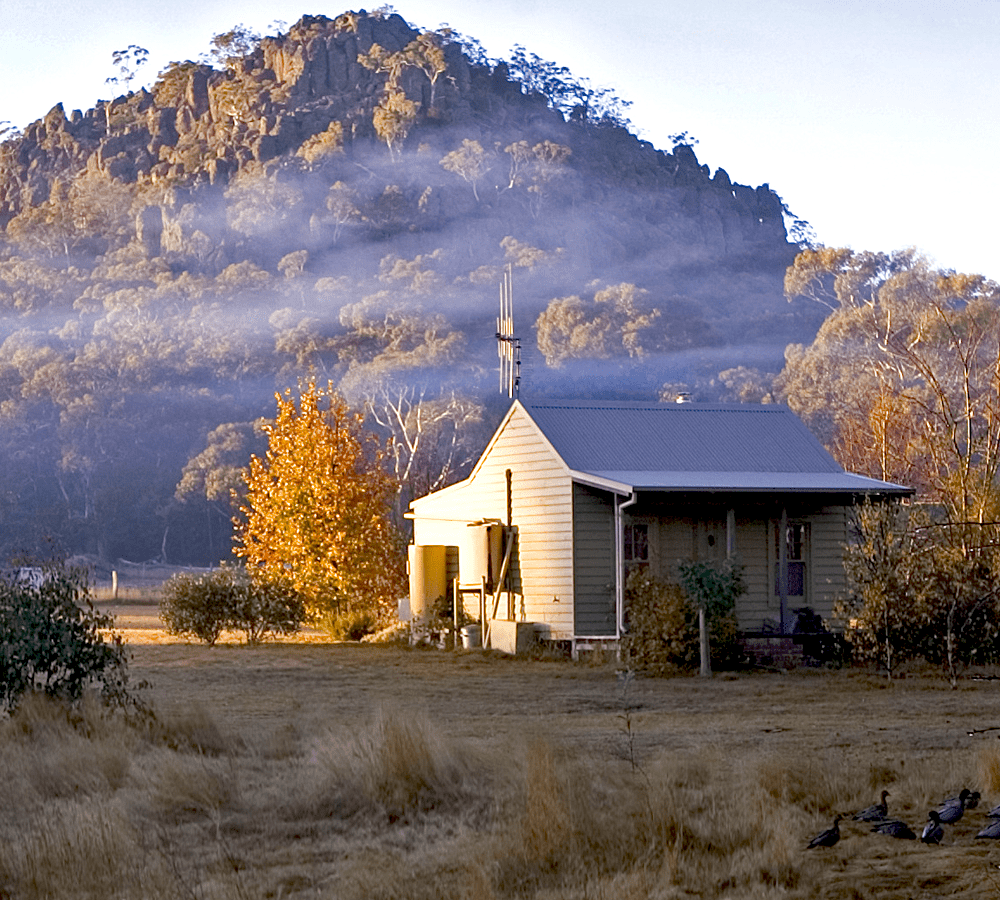
Priority Actions
Create a program for free climate ready home awareness information and assessments targeted to low-income houses
Create guidance material for homeowners and renters on making their homes climate ready, offering a range of solutions and costs
Take steps to protect our tourism assets
The tourism industry is a significant part of our regional economy. Climate defines the length and quality of tourism seasons and plays a substantial role in destination choice and tourist spending.
Climate change will have far-reaching consequences for tourism businesses and destinations in the region. It will generate both negative and positive impacts. In our region, we have already seen the effects of blue-green algae on recreation activities in our rivers.
Tourism businesses need to adapt to minimise associated risks and capitalise upon new opportunities. It’s also equally important that more is done to incorporate adaptation into future impact assessments on crucial assets and places of significance.
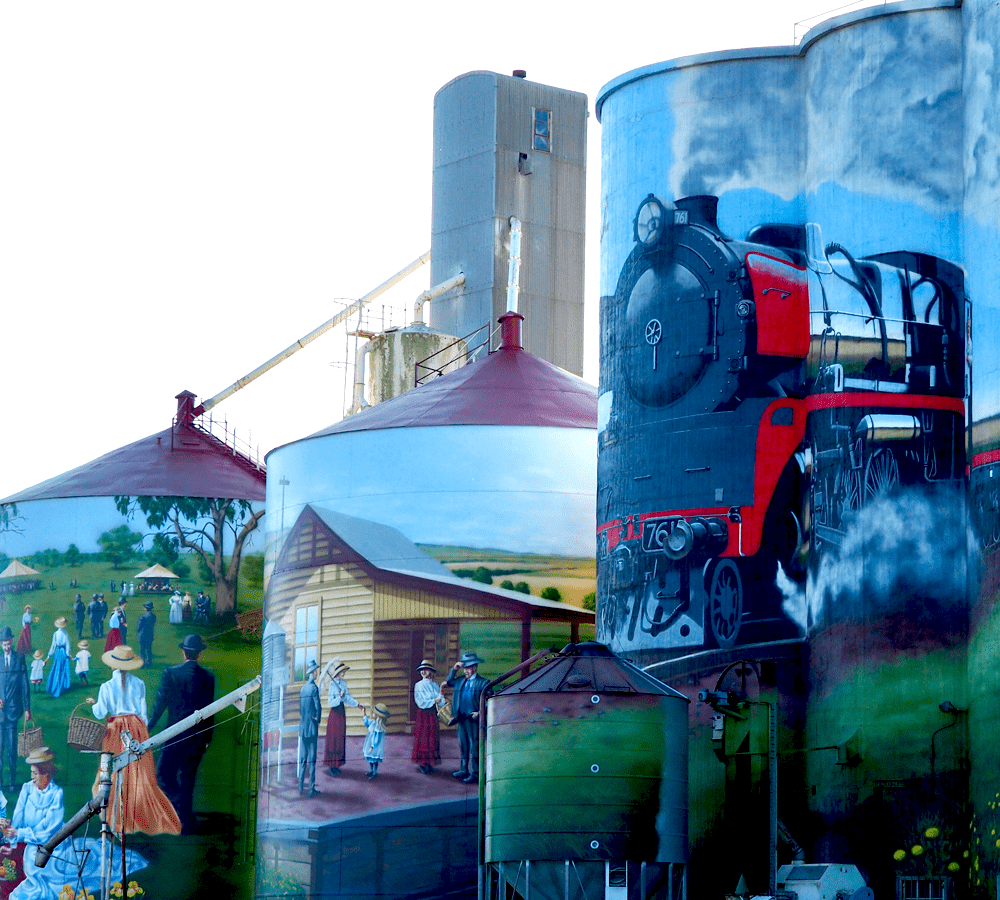
Priority Actions
Develop a regional tourism climate ready program that assesses the vulnerabilities of tourism assets to both the physical and economic impacts and opportunities
Establish programs that invest in eco or nature-based tourism
Improve ageing public assets to withstand an increase in extreme weather events
We need to protect and renew our ageing public assets in our region. Not retiring assets when their condition is compromised can lead to high financial and service costs in the longer term.
While public assets have a functional value they can also characterise towns due to their heritage value. Public assets can include roads, bridges, footpaths, drains, libraries, town halls, parks, recreational centres, and other community facilities.
Most of these assets are managed by local, State governments and or volunteer community Committee of Management groups.
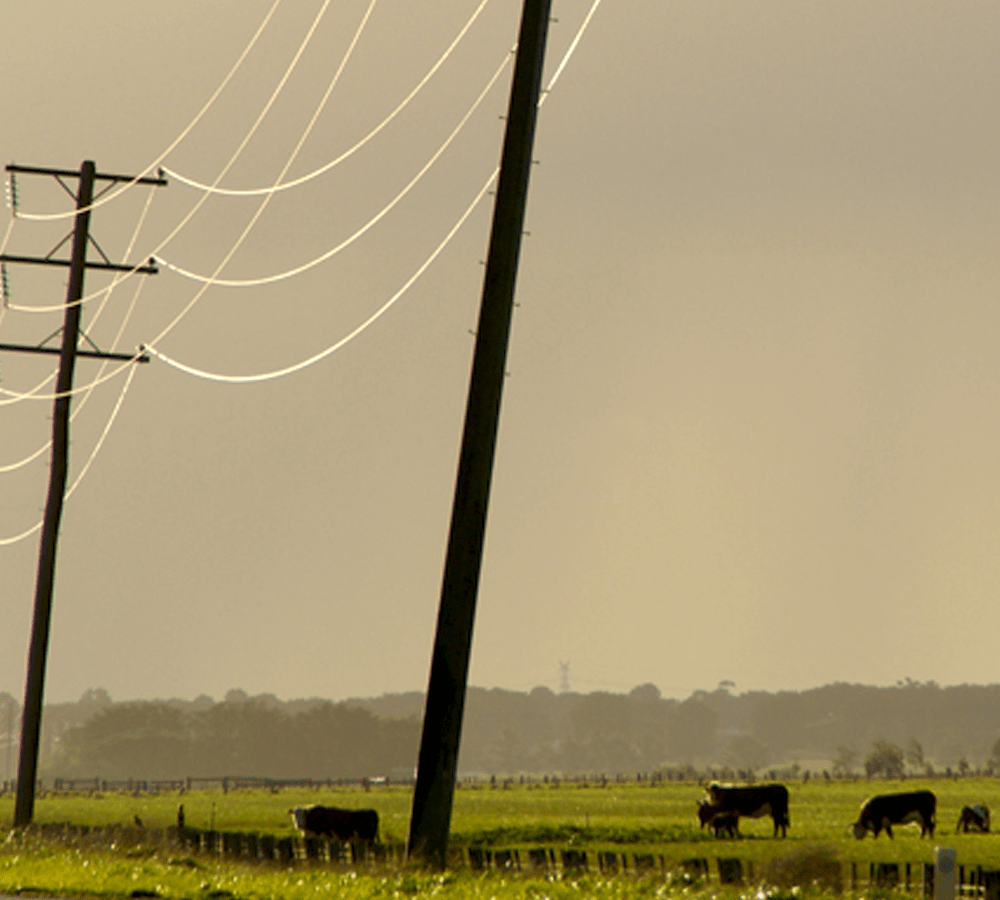
Priority Actions
Conduct audits for ageing infrastructure for environmental performance
Identify opportunities to replace damaged or end-of-life public assets with alternative technologies
We acknowledge and respect Victorian Traditional Owners as the original custodians of Victoria’s land and waters, their unique ability to care for Country and deep spiritual connection to it. We honour Elders past and present whose knowledge and wisdom has ensured the continuation of culture and traditional practices. We are committed to enabling self-determination for all Aboriginal people and aim to work closely with the Aboriginal community to drive action and improve outcomes especially in the context of a changing climate.